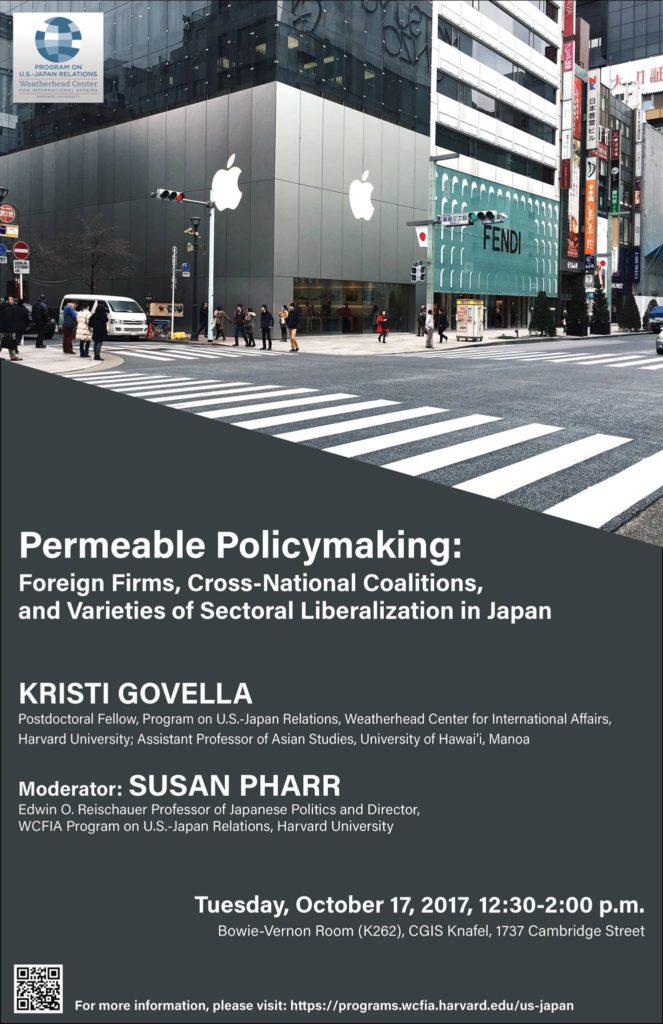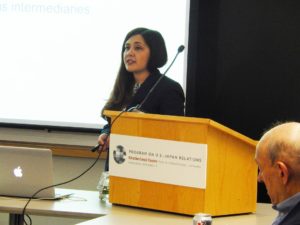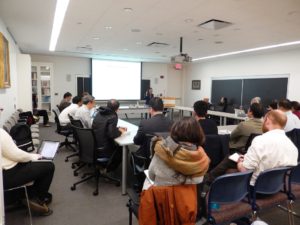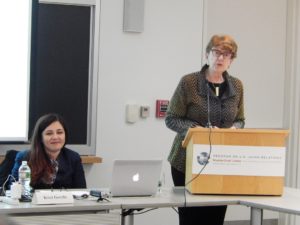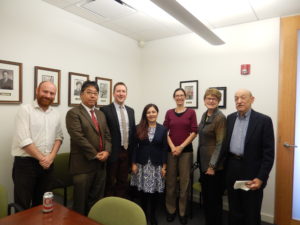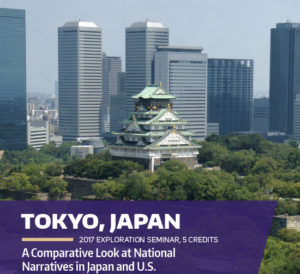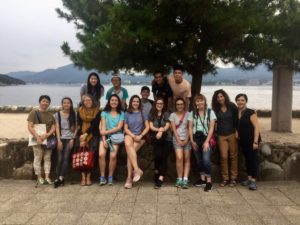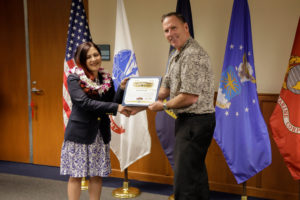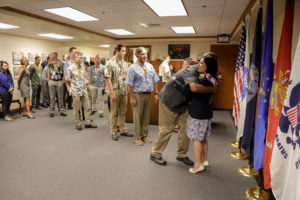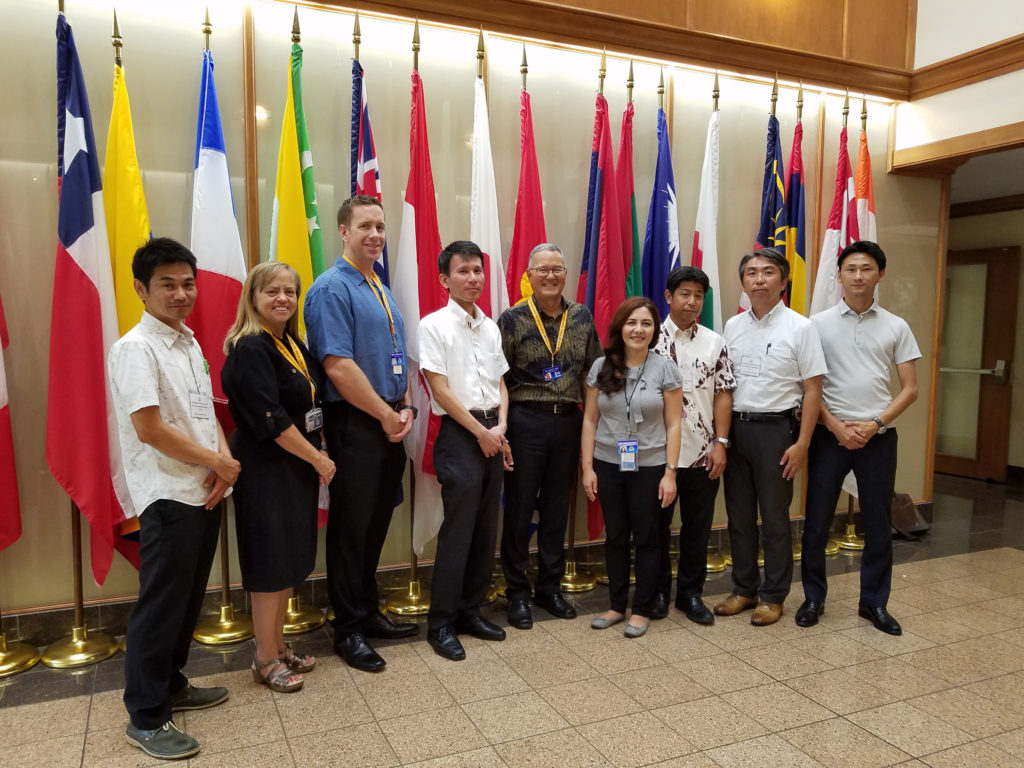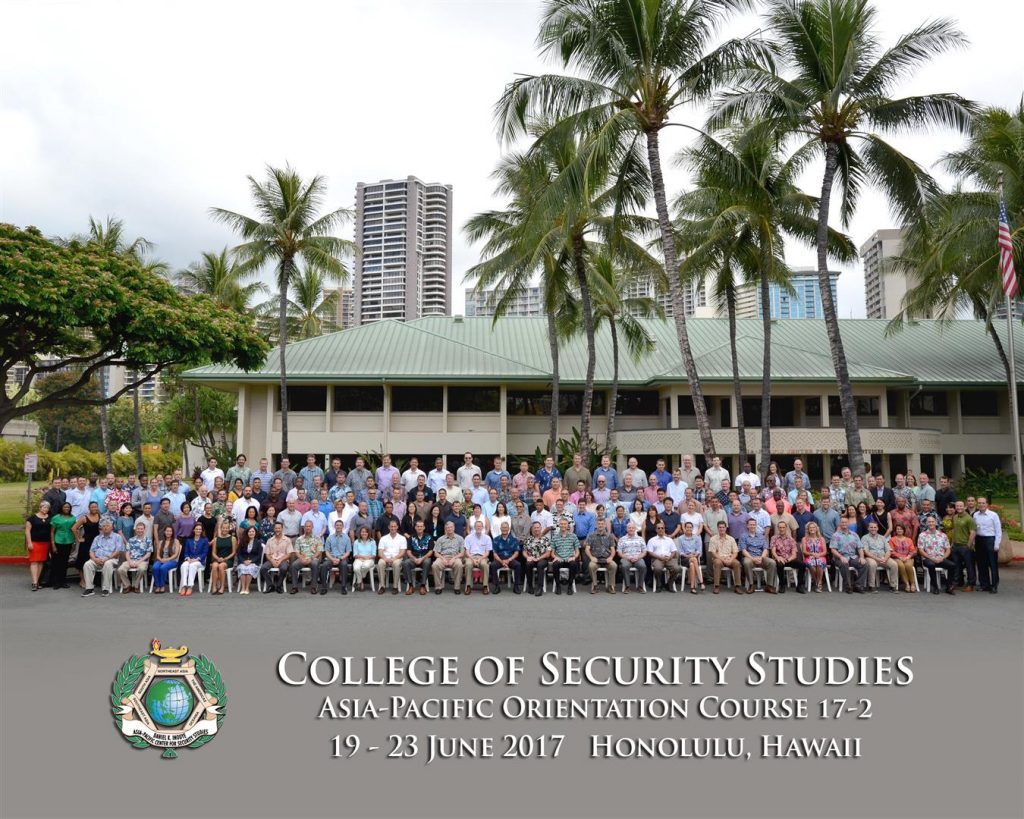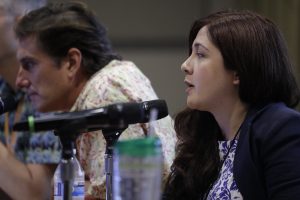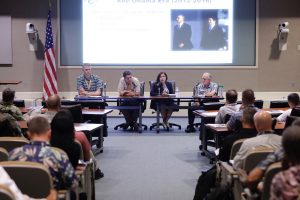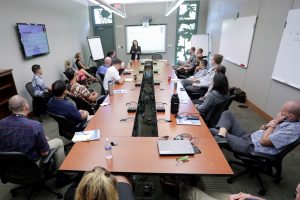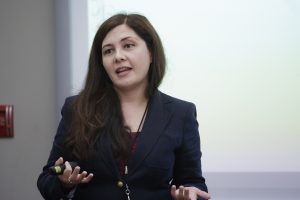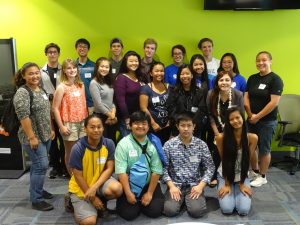I have been selected as one of the inaugural recipients of the American Friends of the International House of Japan Next Generation Fellowship. The Next Generation Fellows Program generously provides three years of support for promising young American leaders in the US-Japan relationship to play an active role in the dynamic International House of Japan community. In its inaugural year, the program competitively selected 16 Americans aged 42 and under to become Fellows. The Fellowship covers initiation and membership costs to the I-House for three years and also allows fellows to participate in the I-House’s Asia-Pacific Young Leaders Program. The program is funded and administered by the American Friends of the International House of Japan in close cooperation with the International House of Japan.
The International House of Japan is a private, non-profit organization incorporated, with support from the Rockefeller Foundation and other private institutions and individuals, in 1952 for the purpose of promoting cultural exchange and intellectual cooperation between the peoples of Japan and those of other countries. The American Friends of the International House of Japan is a US-based 501-c-3 not-for-profit organization with the mission of promoting international goodwill and understanding by encouraging and fostering active relationships among scholars, educators, scientists, business people and other persons from Japan, the United States, and other nations, as well as educational and other institutions.

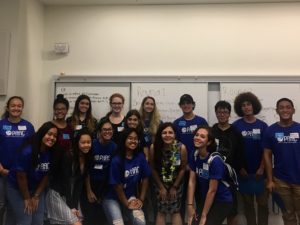
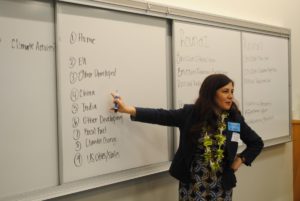 interests groups. The goal was to reach a global agreement that keeps global temperature rise below 2 degrees Celcius. The simulation utilized
interests groups. The goal was to reach a global agreement that keeps global temperature rise below 2 degrees Celcius. The simulation utilized 